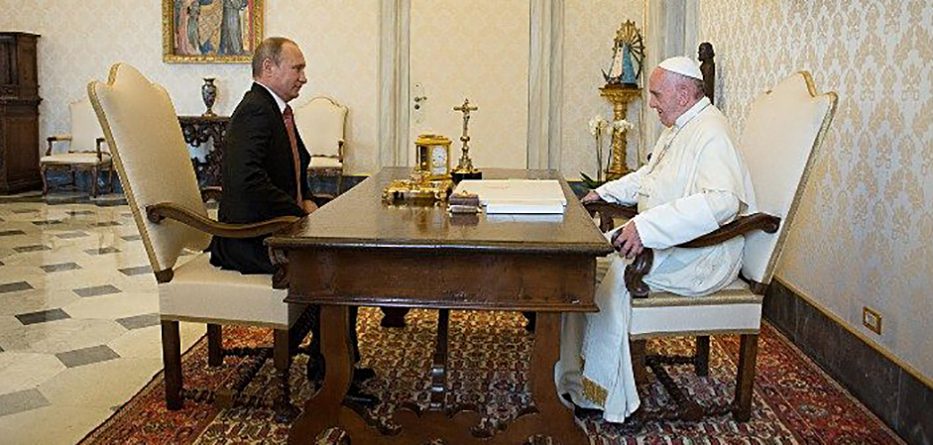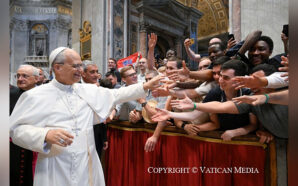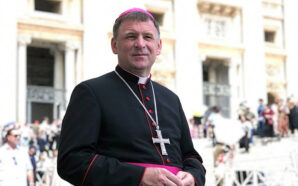The prophetic words of Pope Francis have come true this year: We are living not only in an era of change, but in an age-changing epoch. Pope Francis has long spoken of our time as a “piecemeal third world war.” Now even Vladimir Putin’s spokesman is talking about the fact that World War III has begun.
Mr. Putin has also succeeded—against his will—in uniting the West to some extent. The difficult task remains, however, for the West to transform its unity against a common enemy into a deeper, positive unity. For the process of European integration to continue in a democratic spirit—which is not only desirable but necessary—a European demos must take shape, a community of values for which we are willing to sacrifice a great deal. This is a cultural, moral and spiritual task.
Today’s war in Ukraine is teaching the whole world a valuable lesson: Even the plans of a nuclear superpower can fail if they are countered by courage and moral strength and mobilized by leaders with personal credibility, a willingness to make extreme self-sacrifice and a gift for persuasive communication. Does the West today have any political leader who can mobilize moral force like Volodymyr Zelensky?
Today, I see Pope Francis’ call to transform the church from a rigid clerical institution into a dynamic communal journey as parallel to other periods of change in the church and the secular world. Just as the democratization of the church during the Reformation once contributed to the democratization of society, so the principle of synodality (syn-hodos, “common path”) can be an inspiration not only for the Catholic Church to practice openness to ecumenical, interreligious and intercultural cooperation, but also for a political culture of coexistence in a pluralistic world.
To continue reading this article, click here.
Tomáš Halík is a professor of sociology at Charles University, Prague, president of the Czech Christian Academy and a university chaplain. During the Communist regime he was active in the underground church. He is a Templeton Prize laureate and holds an honorary doctorate from Oxford University. Versions of this essay were also published in Polish (Gazeta Wyborcza) and in Ukrainian (Zbrucz).
With thanks to America and Tomáš Halík, where this article originally appeared.








